The Ministry of Finance said that in 15 years of implementation, the VAT law has achieved many important results. In the period from 2013 to 2022, although the domestic economic situation had many difficult and challenging periods, VAT revenue still increased steadily, ensuring its proportion in the total state budget revenue.
However, in addition to the achievements, due to the fluctuations of the world economy and politics in general and Vietnam in particular, VAT policies have also revealed some shortcomings and limitations. Therefore, the Ministry of Finance is collecting comments on the draft Law on VAT (amended) to remove shortcomings and overlaps in the VAT legal system.
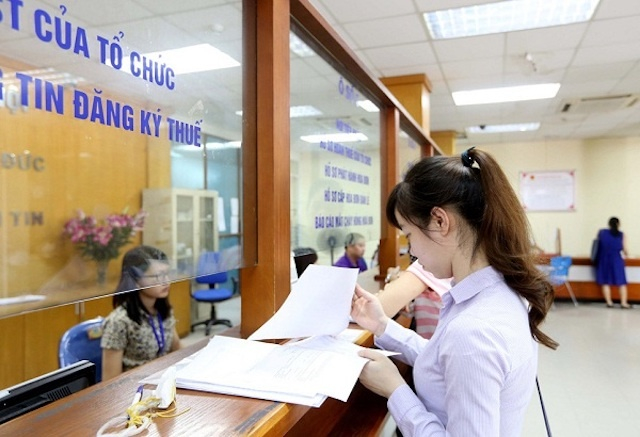
Ministry of Finance seeks comments on draft revised Law on Value Added Tax (Photo TL)
Accordingly, a number of notable points have been raised. Firstly, the number of groups of goods and services that are not subject to tax is still large (26 groups) and input VAT is not deductible, increasing production costs of enterprises and increasing selling prices, affecting enterprises in the supply chain.
The application of tax rates (currently including 3 levels: 0%, 5% and 10%) to groups of goods still has some inappropriate points. The group of goods subject to 5% tax is still large (14 groups), not consistent with the direction of reforming the tax system, moving towards applying a common tax rate. At the same time, determining tax rates for some goods based on the purpose of use is also causing difficulties and confusion for both tax authorities and taxpayers.
For sales revenue of goods and services not subject to VAT with a level of 100 million VND or less/year, the Ministry of Finance proposes to study and adjust to suit price fluctuations and a number of other factors to suit the socio-economic context.
Regarding the regulations on VAT calculation prices for real estate business activities, there are currently different understandings between taxpayers and tax authorities. In addition, the regulations on input VAT deduction need to be more stringent to help prevent fraud in VAT deduction and refund, and prevent budget losses for real estate transactions.
Regarding VAT refund regulations, it is necessary to study and supplement VAT refund regulations for enterprises producing and supplying goods and services subject to 5% VAT, whose input is mainly subject to a 10% tax rate; study and amend regulations on tax refunds for investment projects to handle problems arising in practice and create conditions for enterprises to invest and innovate technology, thereby increasing labor productivity and increasing the competitiveness of enterprises.
Source






![[Photo] Prime Minister Pham Minh Chinh and Prime Minister of the Kingdom of Thailand Paetongtarn Shinawatra attend the Vietnam-Thailand Business Forum 2025](https://vphoto.vietnam.vn/thumb/1200x675/vietnam/resource/IMAGE/2025/5/16/1cdfce54d25c48a68ae6fb9204f2171a)

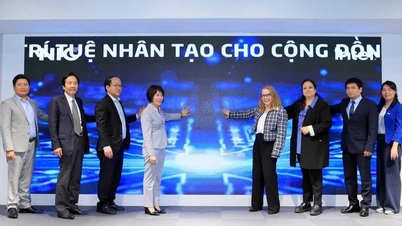



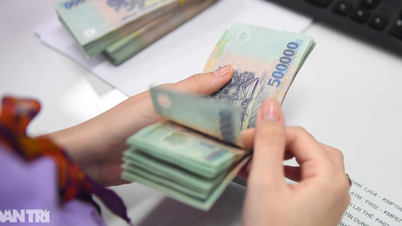

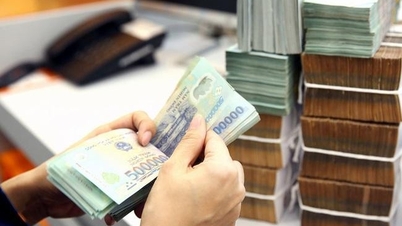



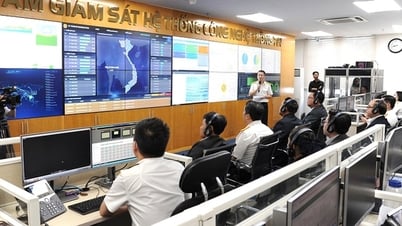


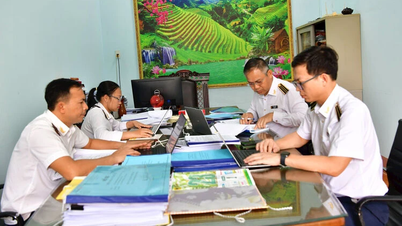

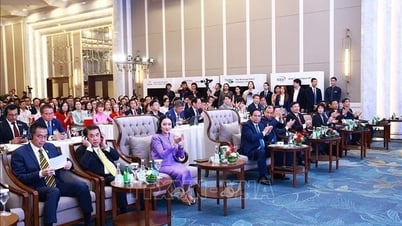



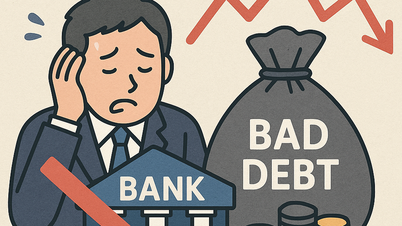










![[Photo] President Luong Cuong receives Prime Minister of the Kingdom of Thailand Paetongtarn Shinawatra](https://vphoto.vietnam.vn/thumb/1200x675/vietnam/resource/IMAGE/2025/5/16/52c73b27198a4e12bd6a903d1c218846)












































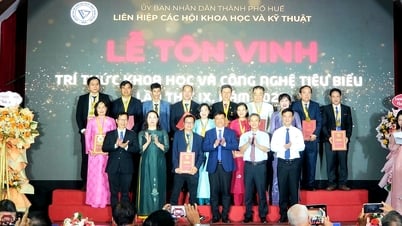





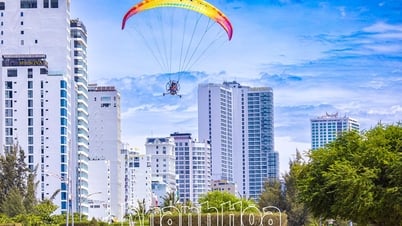










Comment (0)